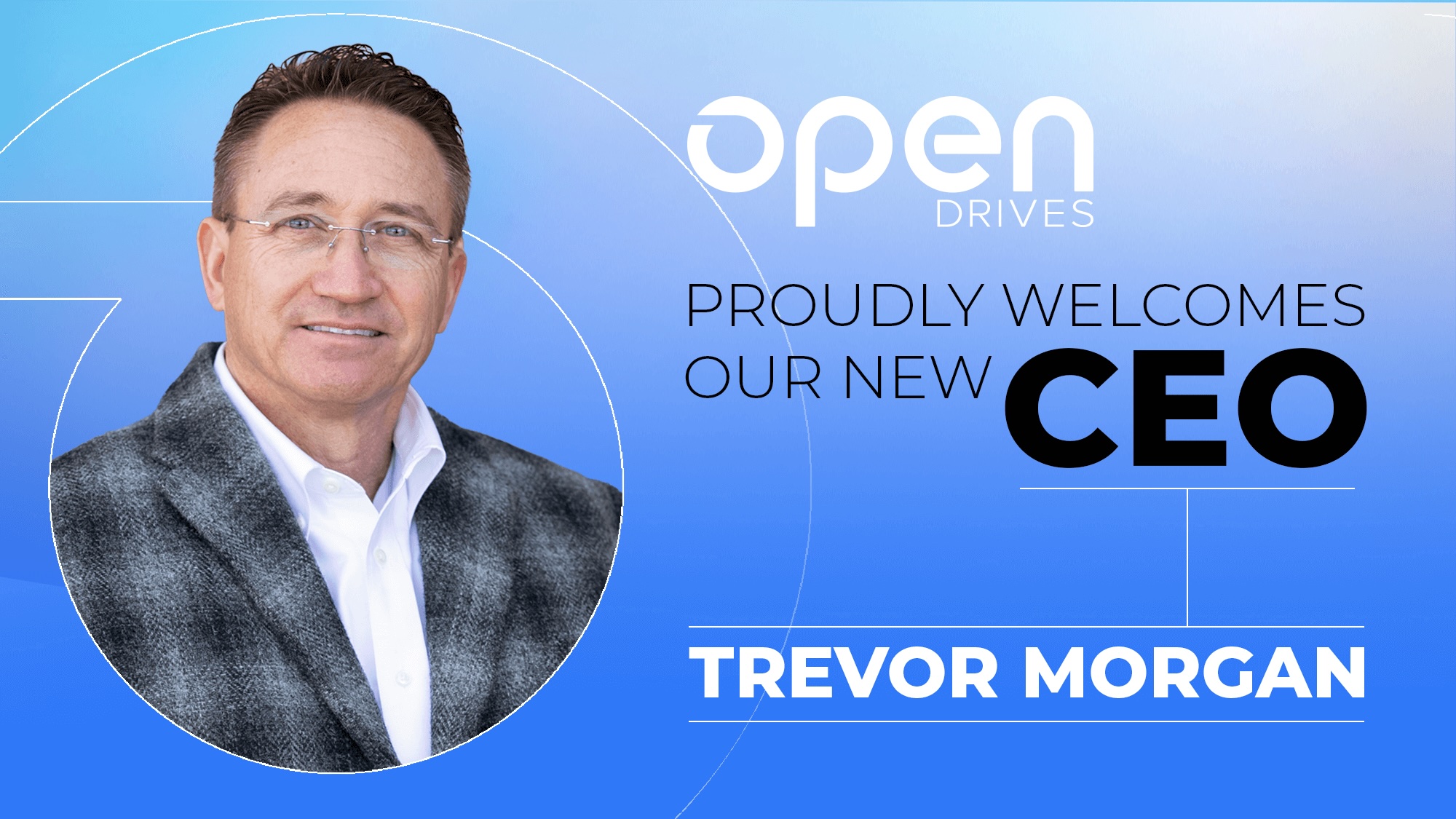Macrovision's Amoroso says DRM is good for business
The debate continues to rage over whether digital rights management (DRM) should be abandoned by the music industry. Responding to Apple's Steve Jobs — who called for an end to DRM — was Fred Amoroso, CEO and president of Macrovision, a veteran content protection company.
Amoroso said that DRM was not only good, but also essential to increase consumer value of media content. He urged that the debate not be limited to music, but also consider different forms of media across many media devices.
"I believe that most piracy occurs because the technology available today has not yet been widely deployed to make DRM-protected legitimate content as easily accessible and convenient as unprotected illegitimate content is to consumers," Amoroso wrote in an open letter to the industry. He said the solution was to accelerate the deployment of convenient DRM-protected distribution channels — not to abandon them.
For example, DRM is uniquely suitable for metering usage rights, so consumers who don't want to own content, such as a movie, can rent it, Amoroso noted. Similarly, consumers who want access to content on only a single device can pay less than those who want to use it across multiple platforms — vacation homes, cars, different devices and remotely.
If the owners of high-value video entertainment are asked to enter, or stay in a digital world that is free of DRM, without protection for their content, then there will be no reason for them to enter, or to stay if they've already entered. The risk will be too great, the Macrovision chief said.
DRM needs to be interoperable and open, he said. A "commitment to transparent, interoperable and reasonable DRM will effectively bridge the gap between consumers and content owners, eliminate confusion and make it possible for new releases and premium content to enter the digital environment and kick off a new era of entertainment."
Apple has received support during the past two weeks, however, for its argument to abandon the controversial copy-protection technology. At least one major record label may abandon DRM, while others such as Amazon, LimeWire, MySpace and Yahoo Music might create music distribution systems using DRM-free MP3 files.
The professional video industry's #1 source for news, trends and product and tech information. Sign up below.
There were numerous reports that EMI, the music company, is moving toward DRM-free distributions. Warner Music fully supports DRM, while Sony and Universal stayed quiet on the issue.
Yahoo's Dave Goldberg and SanDisk founder and CEO Eli Harari have also supported Jobs. Microsoft chairman Bill Gates, a longtime Jobs rival, said publicly that DRM technologies are complicating digital music sales.
EMI is already experimenting with DRM-free MP3 releases from Norah Jones, Lily Allen and Relient K. "The results, so far, have been very positive and the response from fans has been enthusiastic," EMI said in a statement. "The lack of interoperability between devices and platforms is increasingly becoming an issue for consumers and EMI has been engaging with its various partners to find a solution."
